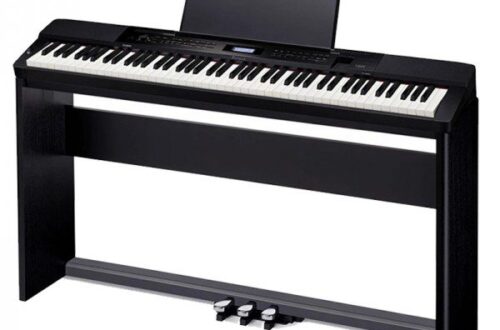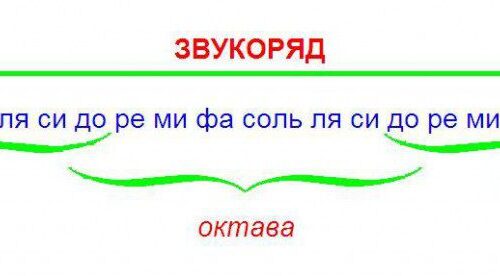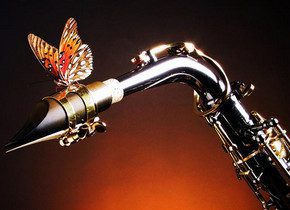What do children study at music school?
Any adult is interested to know what children do for 5-7 years at a music school, what they study and what results they achieve.
The main subject in such a school is a specialty – an individual lesson in playing an instrument (piano, violin, flute, etc.). In a special class, students receive most of the practical skills – mastery of an instrument, technical equipment, and confident reading of notes. In accordance with the curriculum, children attend lessons in the specialty throughout the entire period of schooling; the weekly load in the subject is on average two hours.
The next very important subject of the entire educational cycle is solfeggio – classes whose goal is the purposeful and comprehensive development of musical ear through singing, conducting, playing and auditory analysis. Solfeggio is an extremely useful and effective subject that helps many children in their musical development. Within this discipline, children also receive most of the information on music theory. Unfortunately, not everyone likes the subject of solfeggio. A lesson is scheduled once a week and lasts one academic hour.
Musical literature is a subject that appears on the schedule of high school students and is studied at a music school for four years. The subject broadens students’ horizons and their knowledge of music and art in general. Biographies of composers and their main works are covered (listened to and discussed in detail in class). In four years, students manage to get acquainted with the main problems of the subject, study many styles, genres and forms of music. A year is allotted for getting acquainted with classical music from Russia and abroad, as well as for getting acquainted with modern music.
Solfeggio and musical literature are group subjects; usually a group consists of no more than 8-10 students from one class. Group lessons that bring even more children together are choir and orchestra. As a rule, children love these items most of all, where they actively communicate with each other and enjoy playing together. In an orchestra, children often master some additional, second instrument (mostly from the percussion and plucked string group). During choir classes, fun games (in the form of chants and vocal exercises) and singing in voices are practiced. In both orchestra and choir, students learn collaborative, “team” work, listen carefully to each other and help each other.
In addition to the above-mentioned main subjects, music schools sometimes introduce other additional subjects, for example, an additional instrument (of the student’s choice), ensemble, accompaniment, conducting, composition (writing and recording music) and others.
What is the result? And the result is this: over the years of training, children gain tremendous musical experience. They master one of the musical instruments at a fairly high level, can play one or two other instruments, and intonate cleanly (they play without false notes, they sing well). In addition, at a music school, children receive a huge intellectual base, become more erudite, and develop mathematical abilities. Public speaking at concerts and competitions liberates a person, strengthens his will, motivates him to success and helps creative realization. Finally, they gain invaluable communication experience, find reliable friends and learn to work hard.



